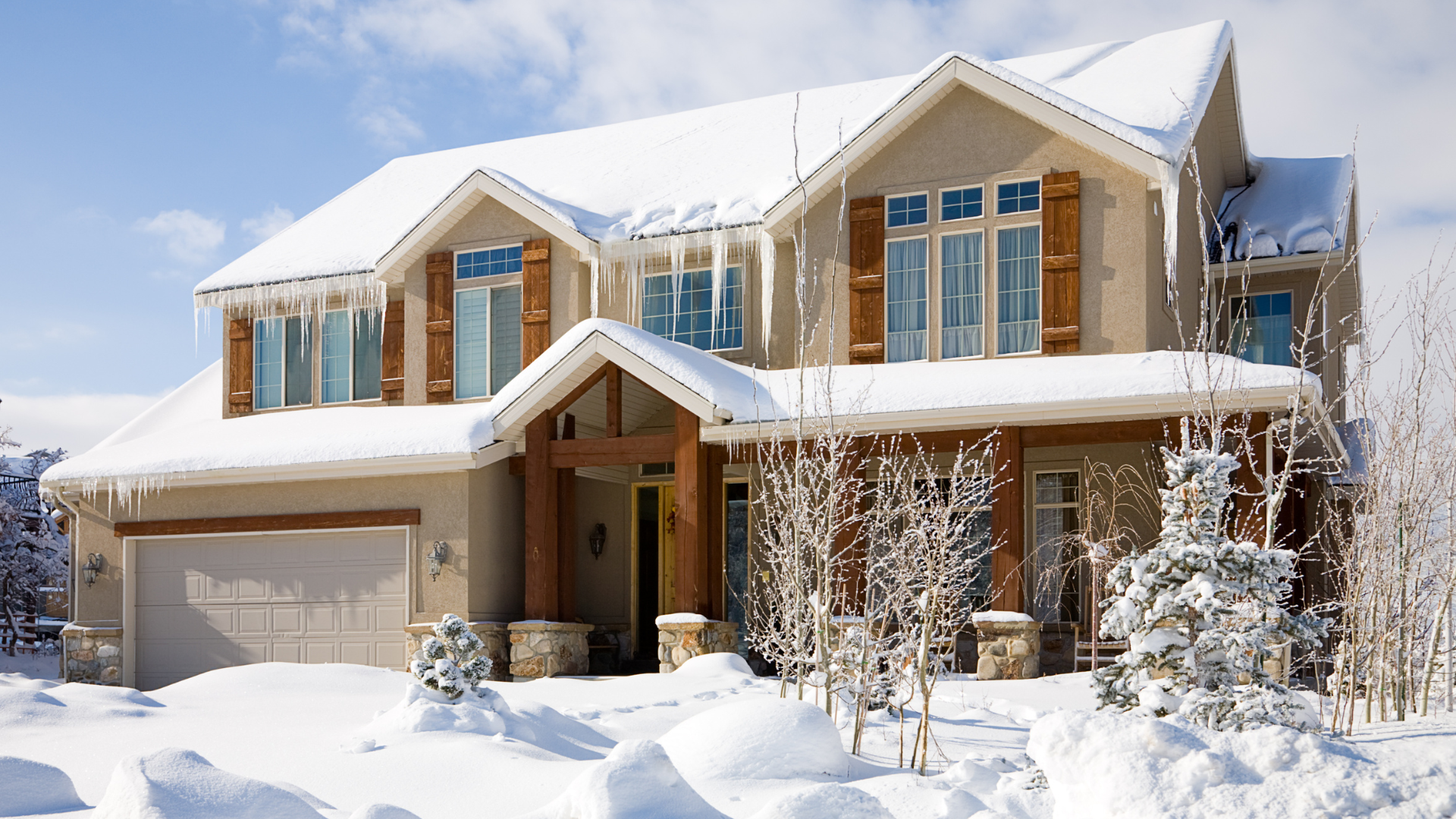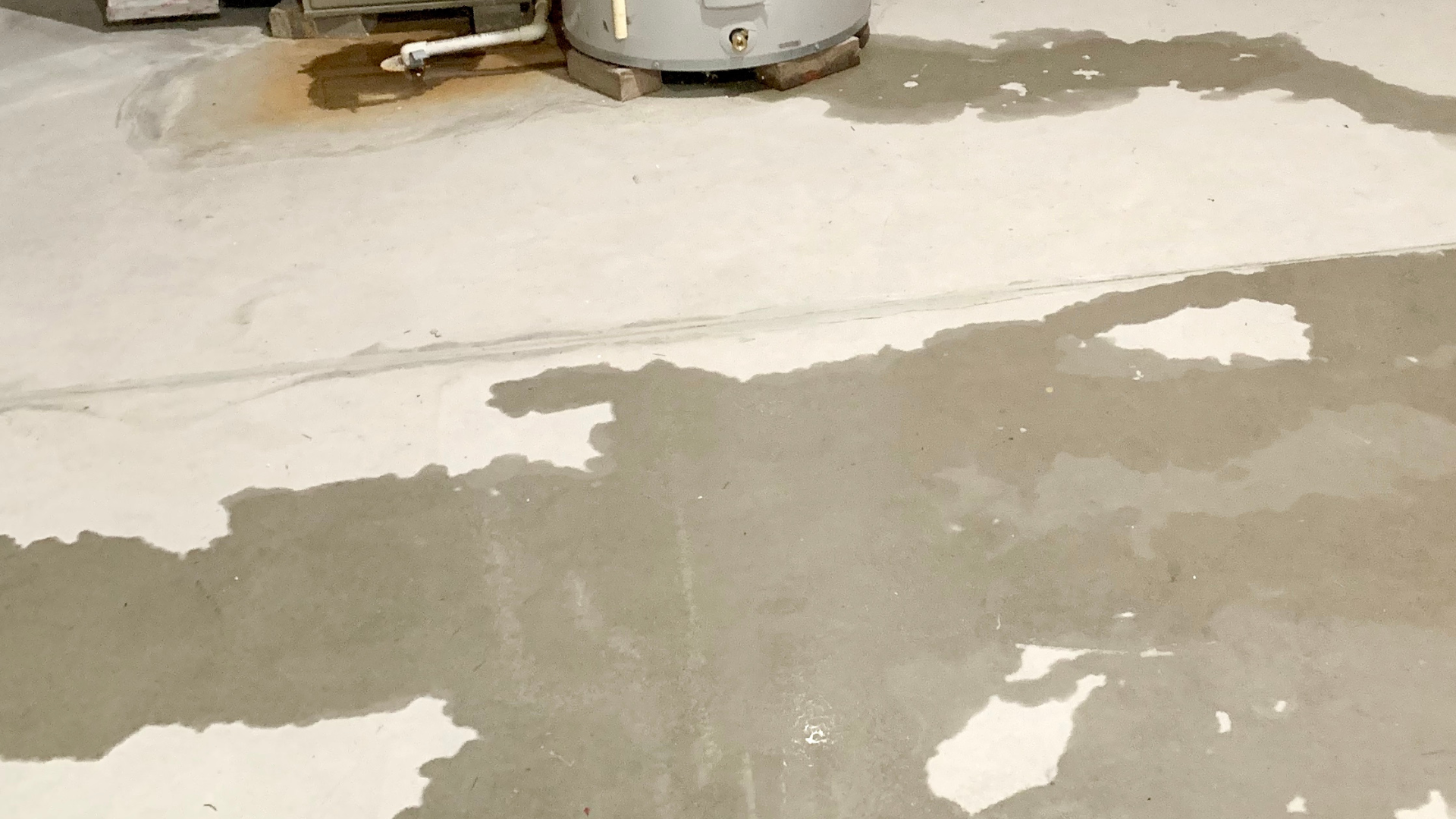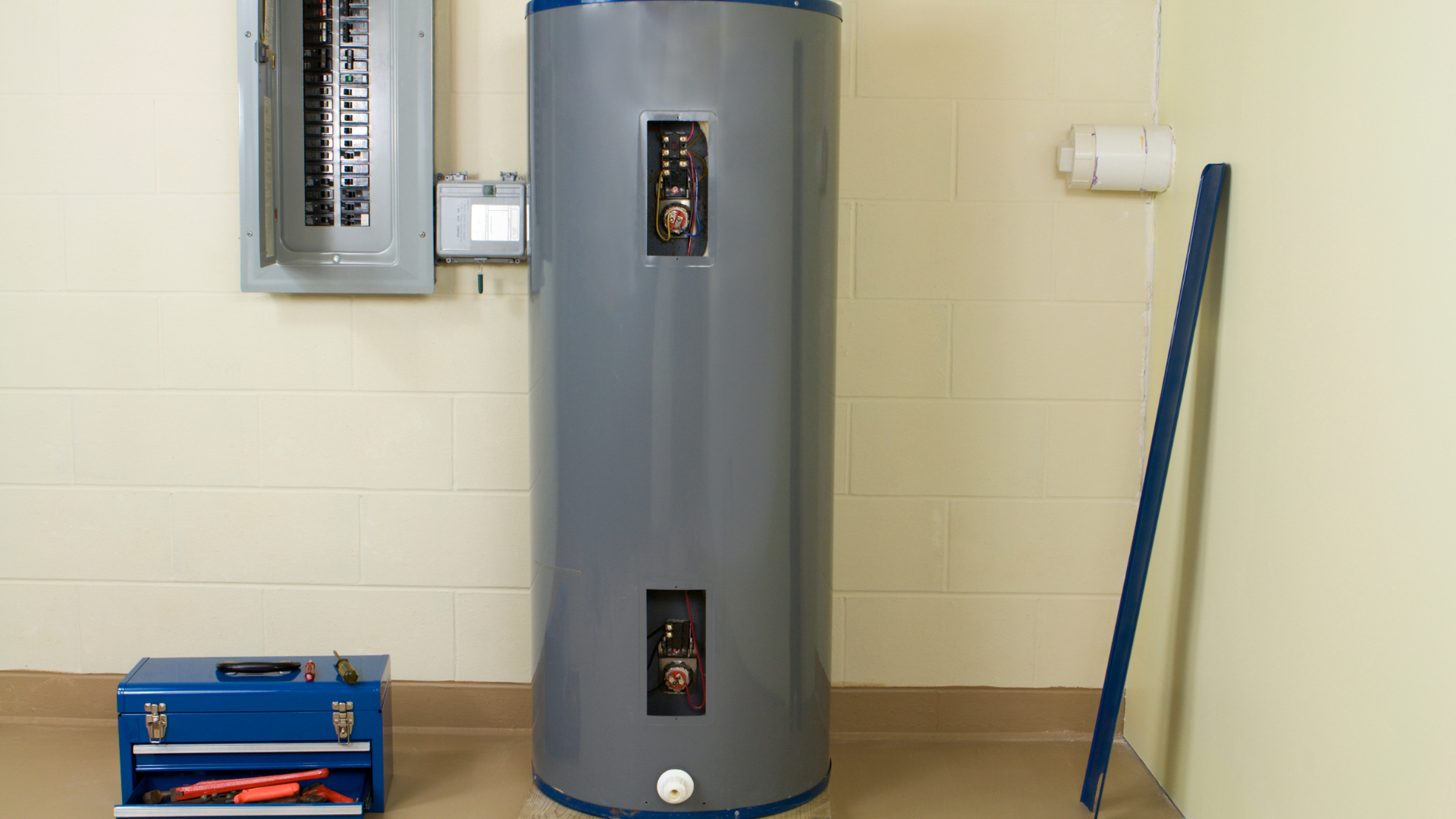Montana
Navigating Home Services in the Big Sky Country: Licensing, Sales Tax, and Verification in Montana

For homeowners in Montana planning home improvement projects, understanding contractor regulations is crucial. Montana has a less centralized licensing system than some states, with a focus on statewide registration and specific licenses for skilled trades, alongside no general sales tax. This guide will help you navigate the requirements for home service contractors in the Treasure State.
Licensing Requirements for Home Service Contractors in Montana
Montana does not have a statewide general contractor license that all contractors must obtain regardless of their specialty or project size. Instead, the state's approach focuses on business registration and specific licensing for certain trades.
- Construction Contractor Registration (CR):
- Any construction contractor with employees performing work in Montana must register with the Montana Department of Labor & Industry (DLI). This includes anyone who "adds to or takes away from a structure, project, development, or improvement attached to real estate."
- This registration is primarily for monitoring workers' compensation compliance and ensuring a level playing field for businesses. It is not a guarantee of a contractor's quality of work or financial stability.
- Workers' Compensation: Registered contractors with employees are required to provide proof of Montana workers' compensation coverage.
- Independent Contractors: If a contractor operates without employees, they may need to obtain an Independent Contractor Exemption Certificate (ICEC) from the DLI, which exempts them from workers' compensation coverage requirements for themselves.
- No Exam Required: The Construction Contractor Registration does not require a trade exam.
- Specialized Trades Require State Licenses: While general contractors don't need a statewide license, certain specialized trades are rigorously regulated at the state level by specific boards under the Montana Department of Labor & Industry (DLI) Professional and Occupational Licensing Bureau. These include:
- Plumbers: Journeyman and Master Plumbers must be licensed through the Montana Board of Plumbers. This involves meeting experience requirements (e.g., apprenticeship) and passing a state-administered exam.
- Electricians: Journeyman and Master Electricians must be licensed through the Montana State Electrical Board. Similar to plumbing, this involves significant experience and passing an exam.
- Boiler Operators, HVACR Mechanics: Other mechanical trades may also have state-level licensing.
- Water Well Contractors: Licensed by the Montana Board of Water Well Contractors.
- Local Municipal Requirements: Many cities and counties in Montana may have additional local licensing, bonding, or permitting requirements, especially for general contractors or specific types of construction. For example, some cities may require general contractors to register or obtain local business licenses.
It is crucial to check with your local city or county building department to determine if there are any specific local licenses or permits required for your project in addition to state-level registrations for contractors or specialized trade licenses.
How Sales Tax Applies to Home Service Projects in Montana
This is a straightforward aspect of home services in Montana: Montana does not have a general statewide sales tax.
Therefore, when you contract for home improvement, repair, or construction projects in Montana, you will not be charged sales tax on the labor or materials. This simplifies pricing significantly compared to states with sales taxes.
While there is no general sales tax, contractors may be subject to other types of taxes, such as gross receipts taxes on public contracts or property taxes on their business assets, but these generally do not directly appear as a sales tax charge on your invoice as a homeowner.
How to Verify Licensing in Montana
Verifying a home service contractor's credentials in Montana involves checking state-level registrations/licenses and potentially local requirements.
Montana Department of Labor & Industry (DLI) Contractor Registration Search: This is the primary resource for verifying the statewide Construction Contractor Registration (CR) or Independent Contractor Exemption Certificate (ICEC).
- Website: Visit the DLI's Construction Contractor Registration Search: https://erd.dli.mt.gov/work-comp-regulations/montana-contractor/icec-search-old
- Search Options: You can search by business name, city, or registration/certificate number. This will confirm if the contractor is actively registered and has workers' compensation coverage if required.
Montana DLI Professional and Occupational Licensee Lookup: For plumbers, electricians, and other state-licensed trades, use this tool.
- Website: Go to the Montana DLI Professional and Occupational Licensee Lookup System: https://boards.bsd.dli.mt.gov/_global-pages/additional-license-information/lookup-individual
- Search Options: Select the specific board (e.g., "Board of Plumbers," "State Electrical Board") and search by the individual's name. This will show if their trade license is current and valid.
Local City/County Building Departments:
- Contact Information: Find the official website or contact details for your specific city or county's "Building Department," "Permits and Inspections," or "Planning Department."
- Inquire: Ask if there are any local contractor registration or licensing requirements for the type of work you need done and how to verify compliance.
Proof of Insurance and Bonding:
- Always request proof of general liability insurance. While not strictly a licensing requirement for all contractors, it's essential for your protection.
- If a project is large or involves a specific contract type, a contractor may also carry a surety bond, which offers additional financial protection. You can verify insurance and bonding with the issuing company.
Always perform these verification steps before signing a contract or making any payments. Hiring a properly registered or licensed contractor helps ensure professionalism and compliance with Montana's regulations.
Sources
- Montana Department of Labor & Industry (DLI) - Construction Contractor Registration: https://erd.dli.mt.gov/work-comp-regulations/montana-contractor/construction-contractor-registration
- Montana DLI - Contractor Registration Search: https://erd.dli.mt.gov/work-comp-regulations/montana-contractor/icec-search-old
- Montana DLI - Professional and Occupational Licensee Lookup System: https://boards.bsd.dli.mt.gov/_global-pages/additional-license-information/lookup-individual
- Montana DLI - Board of Plumbers: https://boards.bsd.dli.mt.gov/plumbers/
- Montana DLI - State Electrical Board: https://boards.bsd.dli.mt.gov/electrical/
- Procore - Sales Tax on Construction Materials: Who Pays It and When (Montana section): https://www.procore.com/library/construction-sales-tax (confirms no sales tax)
- Harbor Compliance - Montana Construction License: https://www.harborcompliance.com/montana-construction-license
Click Another Article to Read More










